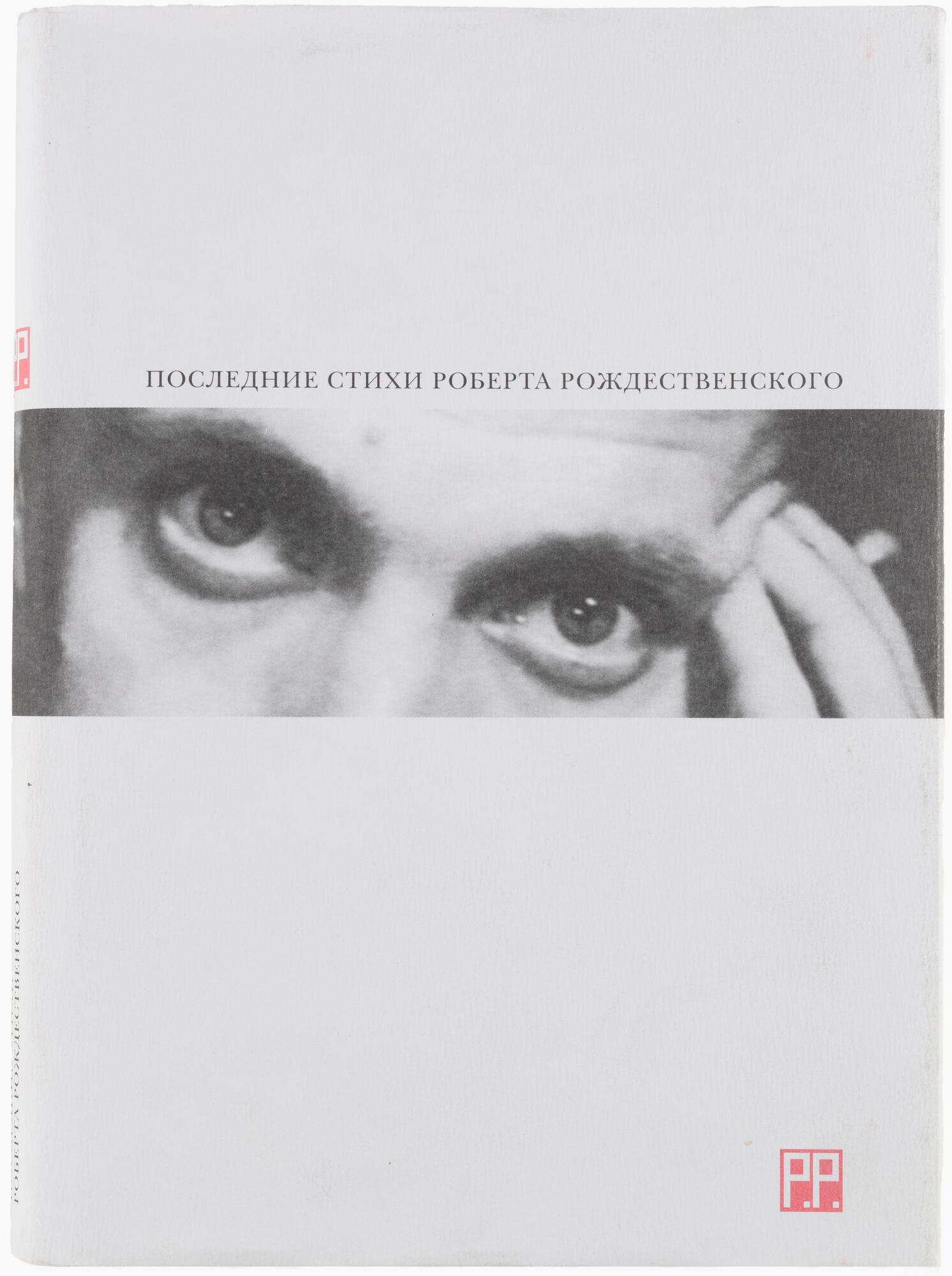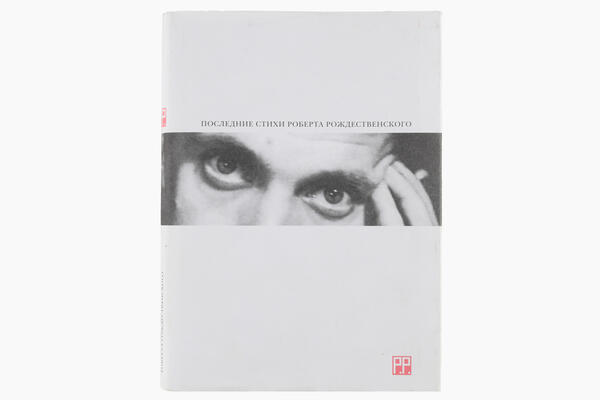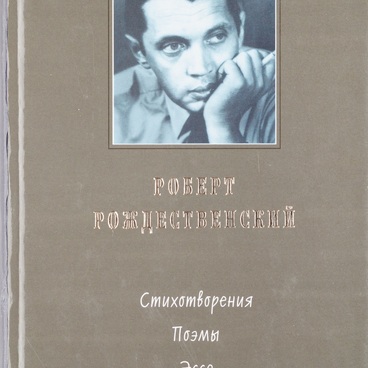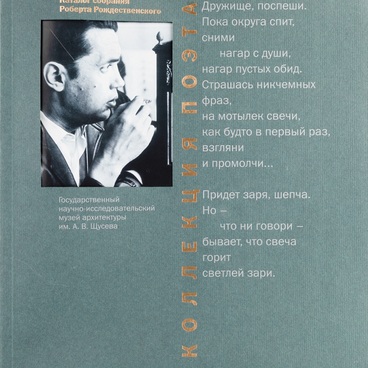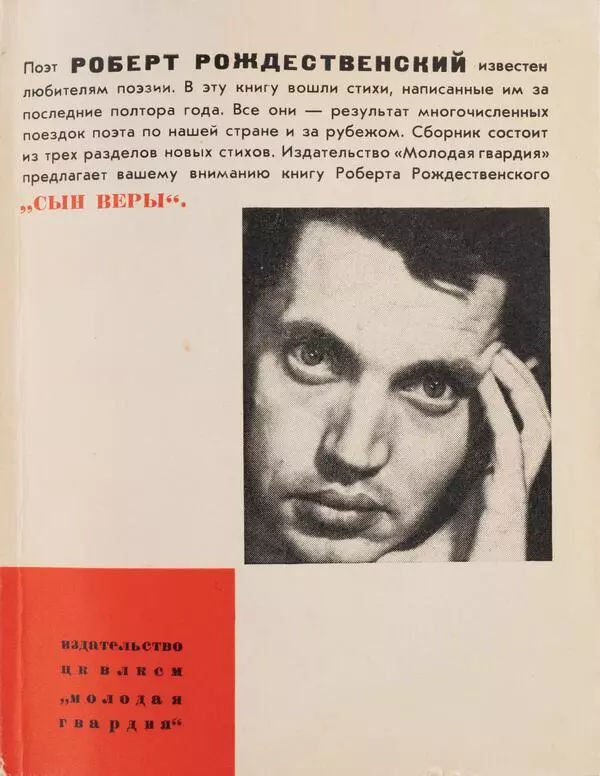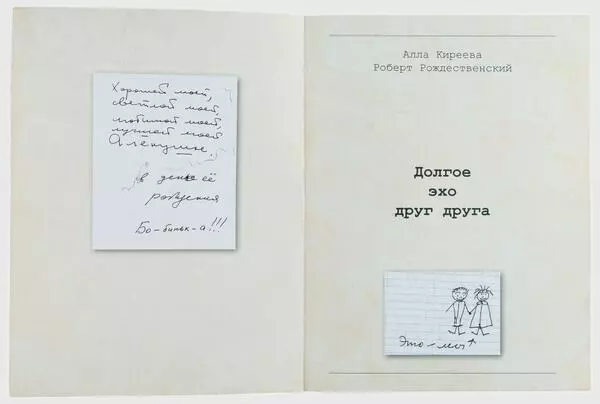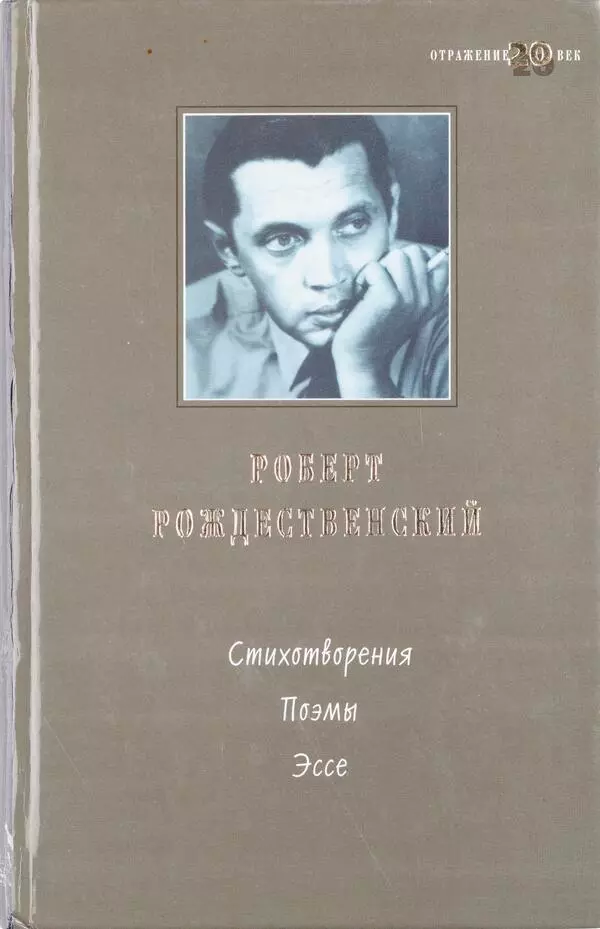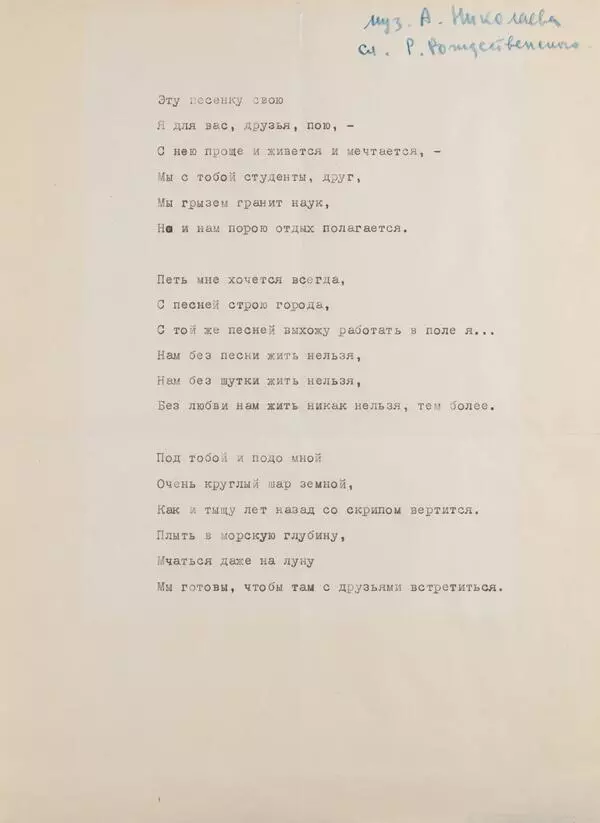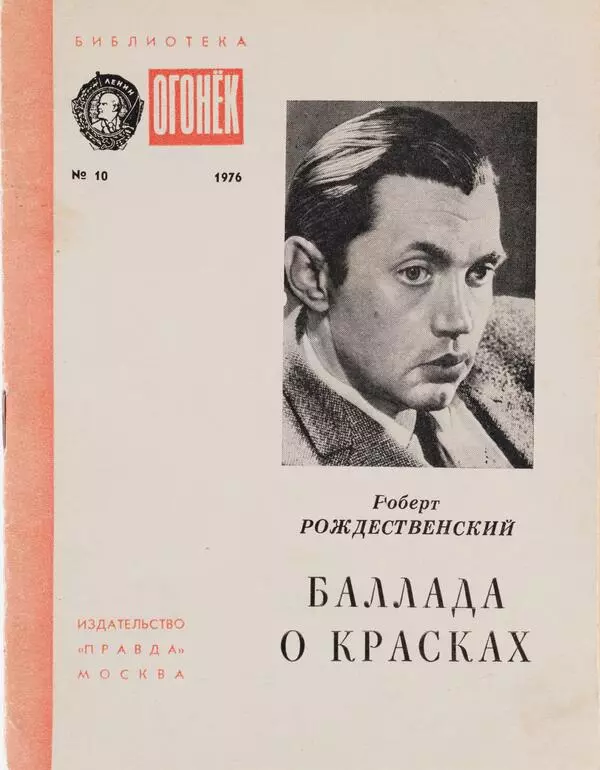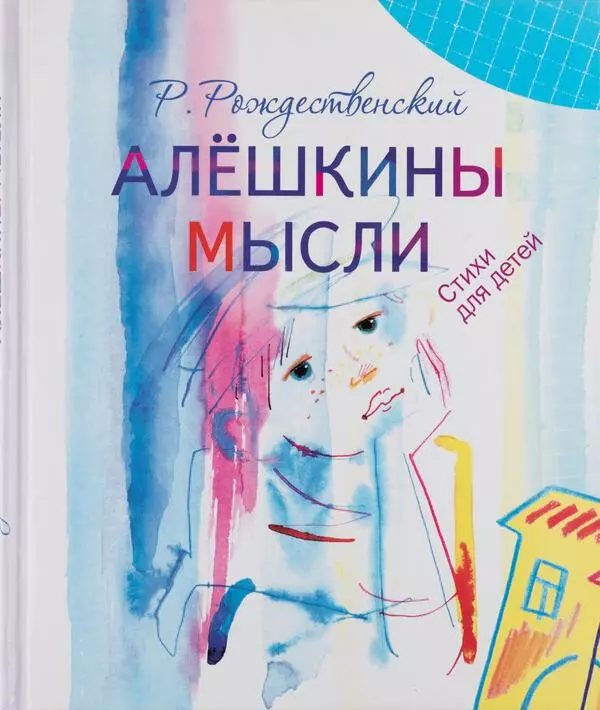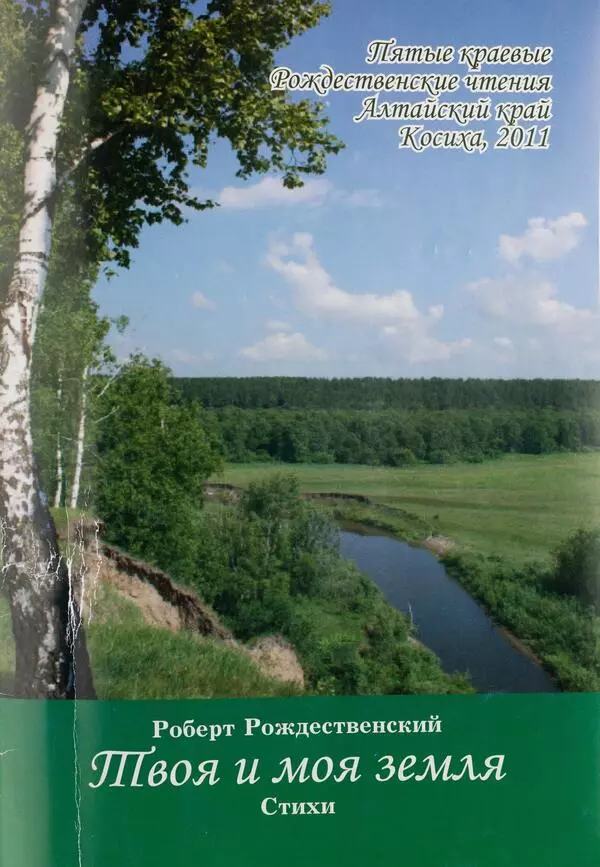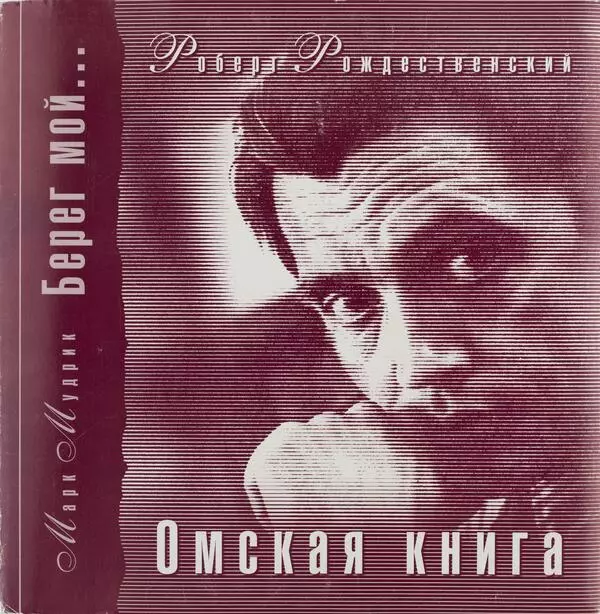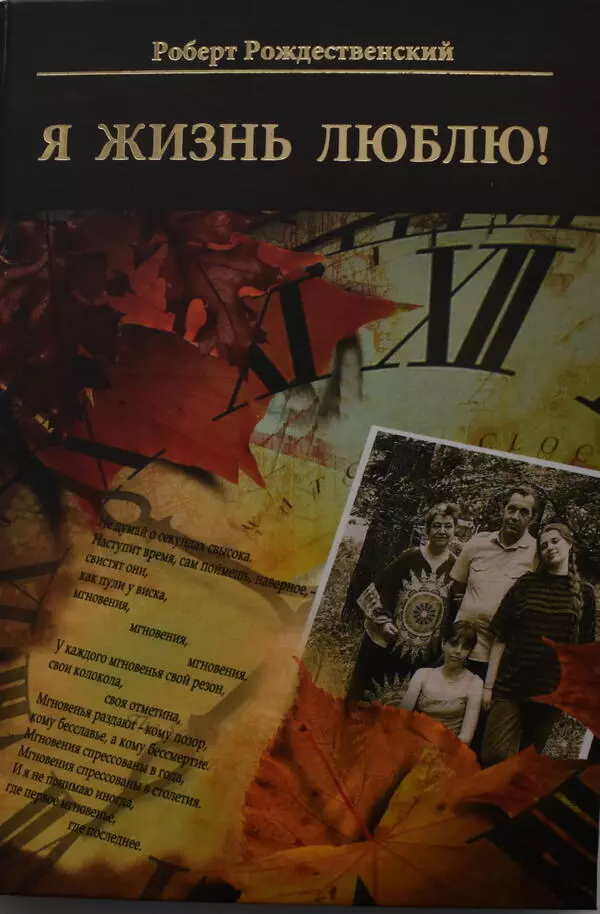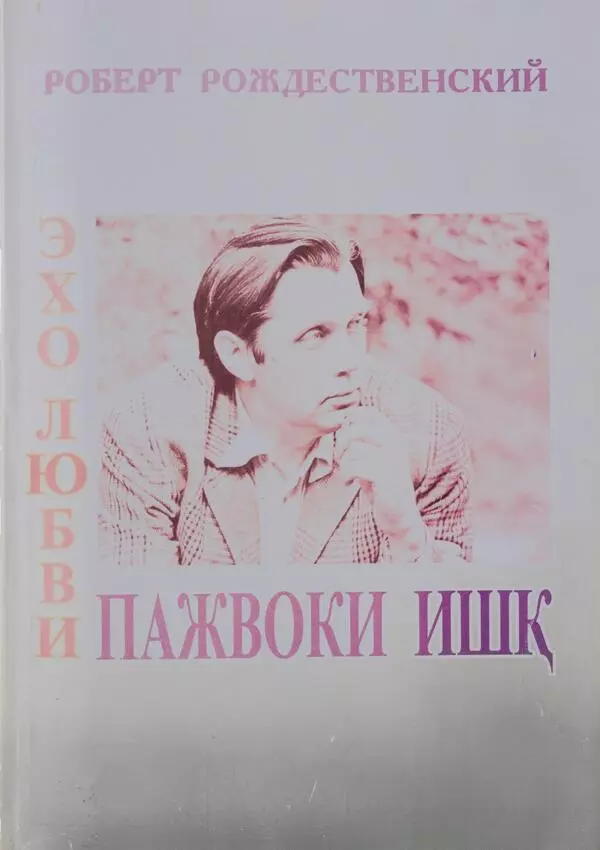The last years of Robert Rozhdestvensky’s life were overshadowed by a serious illness. In early 1990, the poet was diagnosed with a brain tumor. He was fighting the illness up until 1994. Rozhdestvensky composed the poems that made up the book from the museum collection, when he lived in seclusion in the Peredelkino Writers' Village. Being seriously ill, he managed to create a surprisingly poignant and cheerful collection of poems.
The author himself compiled this edition. Initially, the book was supposed to be titled “Poems of this Time”. Rozhdestvensky wanted to come up with a more appropriate title but did not have the time. Consequently, the poet’s family titled the collection, though his relatives did not change anything in the manuscript. The book was published with the support of friends and admirers of Rozhdestvensky’s talent.
Literary critic and scholar Lev Anninsky, wrote that the collection is about “death, about approaching death, about waiting for death. We can say, it is an attempt to understand, the last leap of the soul to find meaning in what had happened. But, the most fundamental, the most profound and the most muffled of all is the very struggle of the soul with the approaching nonexistence, nothingness: an attempt not to bow down… Rozhdestvensky”s courage reveals itself not only in confronting the impending physical death. Of course, it is also impressive: “The Unsent letter to the surgeon” (which is included in the book) will be reread many times, reread from a purely human point of view. But there is more to this: the courage of his spirit looking into the eyes of emptiness”.
The author himself compiled this edition. Initially, the book was supposed to be titled “Poems of this Time”. Rozhdestvensky wanted to come up with a more appropriate title but did not have the time. Consequently, the poet’s family titled the collection, though his relatives did not change anything in the manuscript. The book was published with the support of friends and admirers of Rozhdestvensky’s talent.
Literary critic and scholar Lev Anninsky, wrote that the collection is about “death, about approaching death, about waiting for death. We can say, it is an attempt to understand, the last leap of the soul to find meaning in what had happened. But, the most fundamental, the most profound and the most muffled of all is the very struggle of the soul with the approaching nonexistence, nothingness: an attempt not to bow down… Rozhdestvensky”s courage reveals itself not only in confronting the impending physical death. Of course, it is also impressive: “The Unsent letter to the surgeon” (which is included in the book) will be reread many times, reread from a purely human point of view. But there is more to this: the courage of his spirit looking into the eyes of emptiness”.
